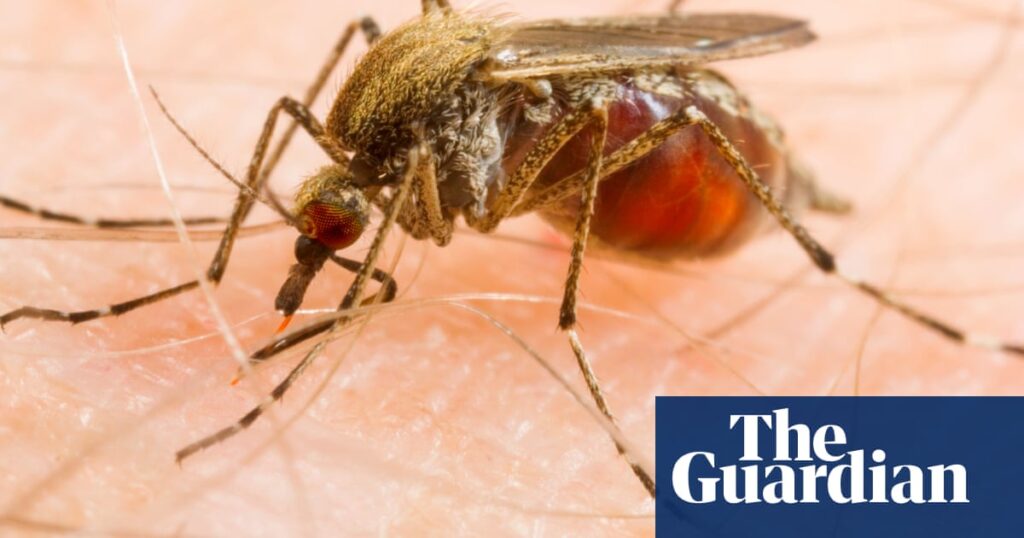An outbreak of a rare but serious and potentially deadly mosquito-borne disease has led authorities to close public parks in several parts of Massachusetts and conduct targeted insecticide spraying.
The disease, eastern equine encephalitis, is a virus that is usually transmitted to humans through the bite of an infected mosquito, according to the U.S. Centers for Disease Control and Prevention (CDC). Also known as EEE, the disease can affect people of all ages and cause severe illness and even death.
According to the CDC, about 30% of people who become infected die, and many of those who survive suffer from neurological problems.
As of Sunday, 13 areas in Massachusetts had been designated as risk areas, and in an effort to reduce the overall risk of infection, state officials will be using both planes and trucks this week to spray mosquito-killing insecticides in those areas.
“Massachusetts has not seen an outbreak of EEE in four years,” Massachusetts Public Health Commissioner Robbie Goldstein said Saturday. “The outbreaks and activity this year have increased risk in some areas of the state. We need to use every tool available to us to reduce risk and protect our communities.”
State officials said the aerial spraying will take place in areas “where there is a high risk of human illness.” Spraying using this method will take place in a Plymouth County town this week, while truck spraying will take place in areas of southern Worcester County.
State officials announced last week that a man in his 80s had contracted the disease, the first case in Massachusetts since 2020.
Officials say there have been five recorded cases and one death in Massachusetts in 2020. In 2019, there were 12 cases of eastern equine encephalitis and six deaths in Massachusetts.
“People under the age of 15 and people over the age of 50 are at particular risk,” the Massachusetts Department of Public Health said in a statement. “Although EEE does not occur every year, based on current evidence, there is an elevated risk of human infection in 2024.”
Massachusetts officials said targeted spraying is scheduled to begin Tuesday night, and could continue each day from sundown until dawn over several nights.
Officials said the spraying was considered necessary to reduce the risk to humans, but it could not eliminate the risk of infection.
“It is important that residents protect themselves from mosquito bites by staying indoors during times when mosquitoes are most prevalent, applying insect repellent when outdoors, draining standing water in mosquito breeding areas and repairing door screens,” officials said.
The city of Plymouth, about 40 miles (64 kilometers) southeast of Boston, announced Friday that it would close its public outdoor recreational facilities from dusk to dawn each day after horses in the city were infected with the disease, according to the Associated Press.
Massachusetts officials are urging residents to avoid outdoor activities after dark.
There is no vaccine to prevent or treat eastern equine encephalitis, and experts say the best way to reduce the risk of infection is to avoid being bitten. Symptoms include fever, headache, vomiting, diarrhea and seizures.



